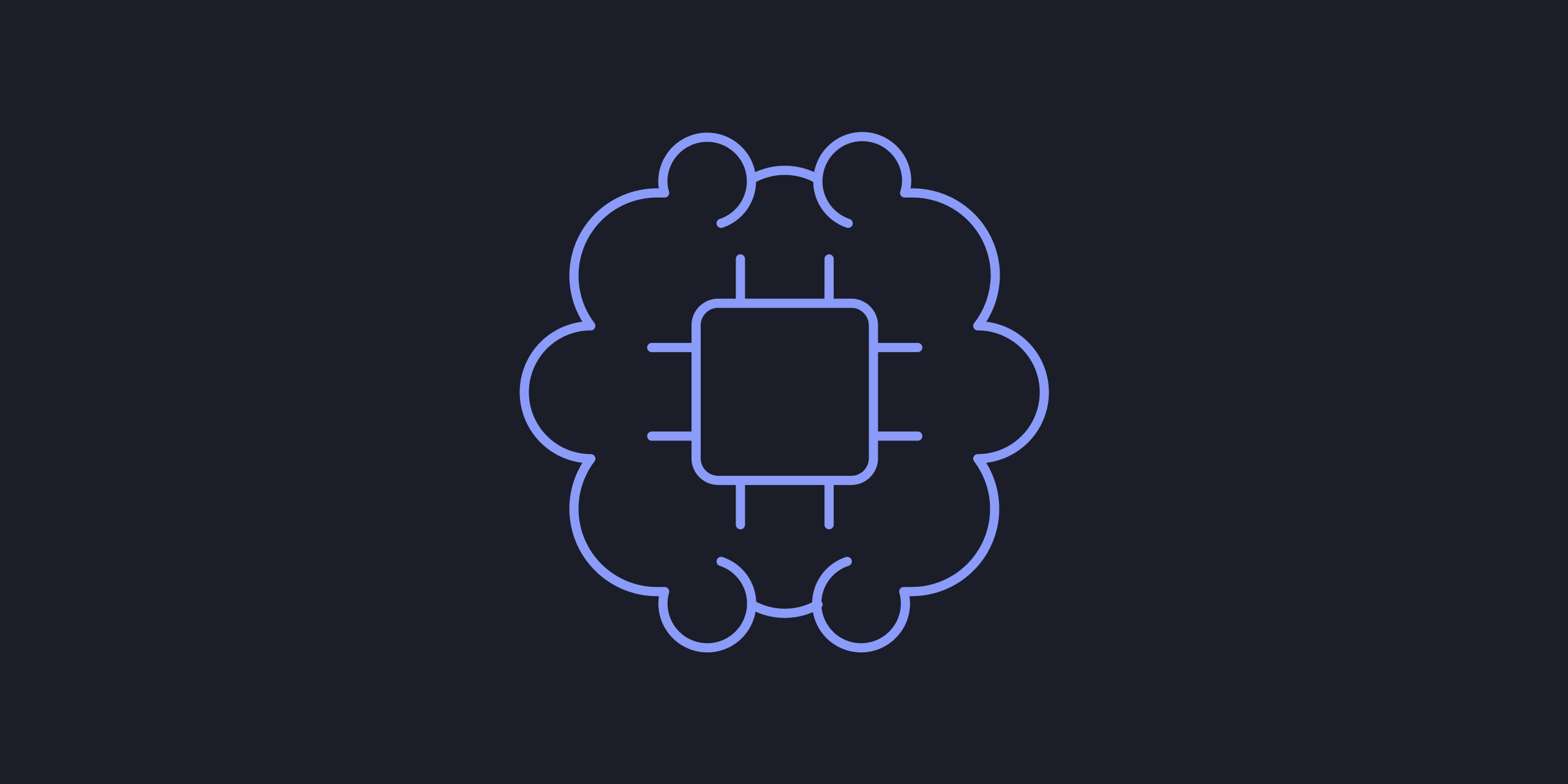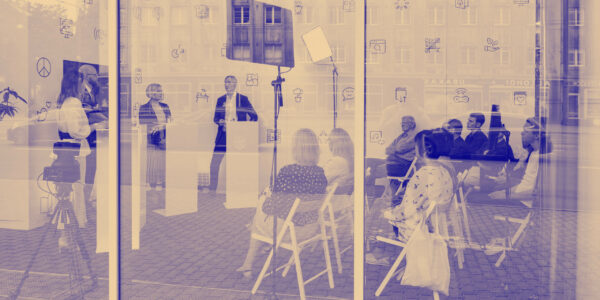
Digital Memory 2023
- March 30, 10:00 - 19:00
- Eesti Arhitektuurikeskuse Suur ja Väike Traforuum (Põhja pst 27a, Tallinn)
Digital Memory 2023
PROGRAMME
10.00 Welcome I Moderators for the day: Laura Nemvalts (Specialist of Digital Humanities at National Library of Estonia) and Krister Kruusmaa (Data Scientist at the National Library of Estonia)
10.05 Opening words I Janne Andresoo (General Director at the National Library of Estonia)
10.10–11.40 Inspiration panel (in English)
Annika Rockenberger (University of Oslo Library) – “Sharing is Caring. Digital Research Support, Skills Development & Special Collections Digitisation at the University of Oslo Library”
The presenter talks about a core value of libraries: sharing. Sharing knowledge and information, but also skills, methods, and research activities. The University of Oslo Library is Norway’s oldest university library and, until 1999, served as Norway’s National Library, too. Now, it is home to a vast collection of research literature and several unique special collections of mostly non-Norwegian origin. With a recent strategic re-orientation, the library is focusing on digitisation in its various aspects. Their leading thought is: „How can we share our various collections – and smaller, more dispersed collections at the faculties and institutes at the University of Oslo – with our researchers and students here in Oslo, in Norway, and beyond: with the international scientific and cultural heritage community?“. They employ a three-fold approach:
- They are partnering with and supporting researchers in their work, especially in digital methods and activities.
- They are investing in in-house digital skill development of their staff and digital skill development across disciplines from the graduate level up.
- They are establishing, training, and maintaining an in-house special collections digitisation team to bring theirs’ and others’ collections online and make them FAIR – in a sustainable way.
Jessica Wevers and Rianne Koning (Royal Library of the Netherlands) – “Creative experiments by students”
KB collaborated with the art academy, creating artistic exhibitions in the national library with the digitized Alba Amicorum collections. Additionally, they created a living library by building interactive installations with students from the technical university of Delft using our digital collections.
Sophie Hammer and Martin Krickl (Austrian National Library) – “ONB Labs Artistic Experiments – Artists engaging with digital collections of the Austrian National Library”
ONB Labs is the platform of the Austrian National Library for the scientific and creative use of digital collections. In addition to the general opening of selected digital collections as images, texts and metadata, the ONB Labs actively seek the exchange with young as well as established artists since the beginning of the ONB Labs in 2018. This talk discusses the process and results of the ONB Labs’ recent ‘artistic experiments’: three programs that invited artists to creatively and critically engage with the library’s digital collections, organised in the course of the EU co-funded project “Open Digital Libraries”.
11.40–12.10 Coffee break
12.10–13.10 Discussion panel I “About the future of creative use of digital collections – where could we move on and what should we do about it” I Moderated by Peeter Tinits (Head Specialist of Digital Humanities at the National Library of Estonia) (in Estonian)
Panelists: Kadri Vare (Institute of the Estonian Language), Mikk Meelak (Estonian Academy of Arts, Platvorm), Mirjam Rääbis (Estonian National Heritage Board) and Indrek Ibrus (Tallinn University)
13.10–14.00 Lunch
14.00–15.30 Inspiration panel (in English)
Fredrik Norén (Umeå University) – “Swedish Riksdag 1867–2022: An Ecosystem of Linked Open Data”
The parliament has the power to transform society’s future. Its documents constitute a democratic resource for our present-day that, in turn, can be used by researchers to remodel our understanding of the past. In this talk, the presenter will present a newly funded research infrastructure project to enhance the possibility of exploring the Swedish parliamentary past. The purpose of the project is to (1) create a database of all members of parliament since 1867 and (2) to link members to the speeches they gave, motions they wrote, committees they were part of, and – if they were part of the government – bills they were responsible for.
Vojtěch Malínek (Czech Academy of Sciences) – “Current Situation in European Bibliographies for the Humanities”
The presentation will introduce the activities and outputs of Bibliographical Data Working Group (BDWG) of DARIAH-ERIC Consortium. Established in 2019, BDWG has gathered scholars, IT developers and data curators interested in bibliographical data curation and research. The main output of the BDWG efforts is a white paper “An Analysis of the Current Bibliographical Data Landscape in the Humanities. A Case for the Joint Bibliodata Agendas of Public Stakeholders” (2022) which is mapping current situation and trends in European landscape of bibliographies for humanities. Another project related to BDWG Community is a portal Literarybibliography.eu which tries to present European literary bibliographies in a joint interface. At the moment, three national datasets (Czech, Polish and Finnish) are available and systematically harmonised, while joint authority file is created based on re-use of wikidata. Last but not least, short overview of the Czech Literary Bibliography research infrastructure and its internationally relevant activities will be given.
Thomas Padilla (Internet Archive)
15.30–17.00 I Workshop I Participants reflect on the ideas received during the day and ground the inspiration gathered I Regina Tagger and Margus Veimann (Service Designers at the National Library of Estonia) (in Estonian)
17.00–19.00 I Presentation of the RaRa virtual lab platform by the National Library of Estonia team (in Estonian) followed by snacks and wine
*First part of the day will be recorded.
Marianne Meiorg
Marianne.Meiorg@nlib.ee
+372 6307 131
